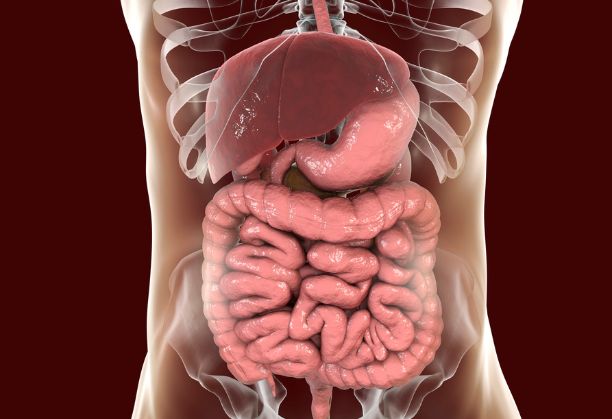In the realm of health and nutrition, calcium stands as one of the fundamental minerals essential for maintaining strong bones and overall well-being. However, alongside its benefits, concerns have surfaced regarding its potential to induce constipation when taken as a supplement. The debate surrounding “Does calcium supplement cause constipation?” has garnered attention, leading to various speculations and misconceptions. In this comprehensive exploration, we delve into the science behind calcium supplementation and its purported connection to constipation, aiming to shed light on this intriguing topic.
Understanding Calcium and its Importance:
Before delving into the constipation concerns, let’s first grasp the significance of calcium in the body. Calcium plays a pivotal role in numerous physiological functions, primarily in skeletal structure, muscle function, nerve transmission, and hormonal secretion. It contributes to bone density and strength, making it crucial for preventing conditions like osteoporosis and fractures, especially as individuals age.
Calcium Sources and Dietary Intake:
Calcium can be obtained through various dietary sources such as dairy products, leafy greens, fortified foods, and supplements. While dietary intake remains the preferred method for acquiring calcium, supplementation becomes necessary for individuals with inadequate dietary intake or specific medical conditions.
The Debate: Does Calcium Supplement Cause Constipation?
One of the long-standing concerns associated with calcium supplementation is its purported link to constipation. Some anecdotal evidence and individual experiences suggest that calcium supplements might lead to gastrointestinal discomfort, including constipation. However, the scientific evidence supporting this claim remains inconclusive.
Exploring the Mechanism:
To understand whether calcium supplements induce constipation, it’s crucial to explore the potential mechanisms involved. One proposed mechanism is that calcium, particularly in large doses, might interfere with the absorption of other minerals like magnesium and zinc, which are essential for gastrointestinal motility and bowel regularity. Additionally, calcium might bind to certain compounds in the gastrointestinal tract, potentially leading to constipation.
Examining Scientific Studies:
Several scientific studies have investigated the association between calcium supplementation and constipation. While some studies have reported a potential correlation, others have found no significant link between the two. For instance, a study published in the “American Journal of Clinical Nutrition” concluded that calcium supplementation did not increase the risk of constipation in postmenopausal women.
Considerations for Calcium Supplementation:


Despite the conflicting evidence, there are several factors to consider when it comes to calcium supplementation and its potential effects on bowel function:
Dosage
Higher doses of calcium supplements might increase the likelihood of gastrointestinal side effects, including constipation. It’s essential to follow recommended dosage guidelines and consult healthcare professionals for personalized advice.
Formulation
The form of calcium supplement can influence its absorption and tolerability. For instance, calcium carbonate supplements might be more likely to cause constipation compared to other forms like calcium citrate.
Individual Variability
-
- Responses to calcium supplementation vary among individuals. Factors such as age, gender, underlying health conditions, and dietary habits can influence how the body reacts to calcium supplements.
-
- Hydration and Fiber Intake: Adequate hydration and fiber intake are crucial for maintaining bowel regularity. Individuals taking calcium supplements should ensure they consume sufficient fluids and dietary fiber to support healthy digestion.
Conclusion
In conclusion, the question, “Does calcium supplement cause constipation?” lacks a definitive answer. While anecdotal reports and some studies suggest a potential association between calcium supplementation and constipation, the scientific evidence remains inconclusive. Factors such as dosage, formulation, individual variability, and overall dietary habits play significant roles in determining the effects of calcium supplements on bowel function.
Rather than drawing sweeping conclusions based on anecdotal evidence alone, it’s imperative to consider the broader context of calcium supplementation and its potential benefits versus risks. Consulting healthcare professionals and making informed decisions based on individual needs and circumstances is paramount. Ultimately, maintaining a balanced diet, incorporating calcium-rich foods, and adopting a holistic approach to health and wellness are key to supporting overall well-being.
So, the next time someone asks, “Does calcium supplement cause constipation?” remember that the answer isn’t as straightforward as it may seem, and a nuanced understanding of the topic is essential for making informed choices about calcium intake and supplementation.













